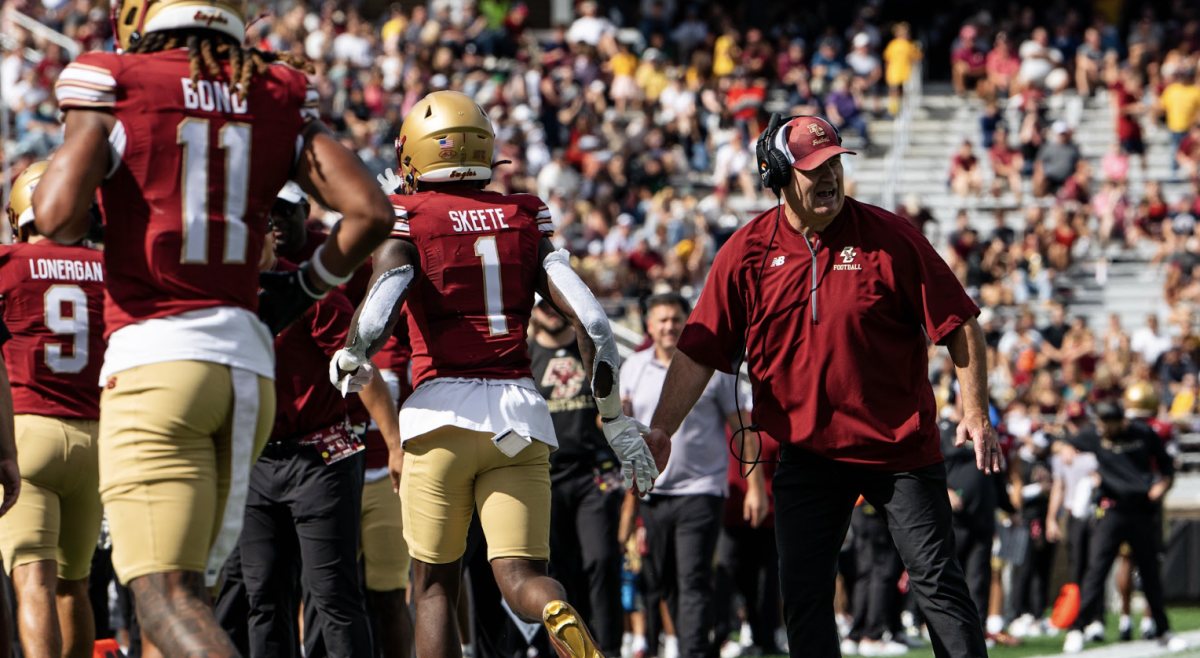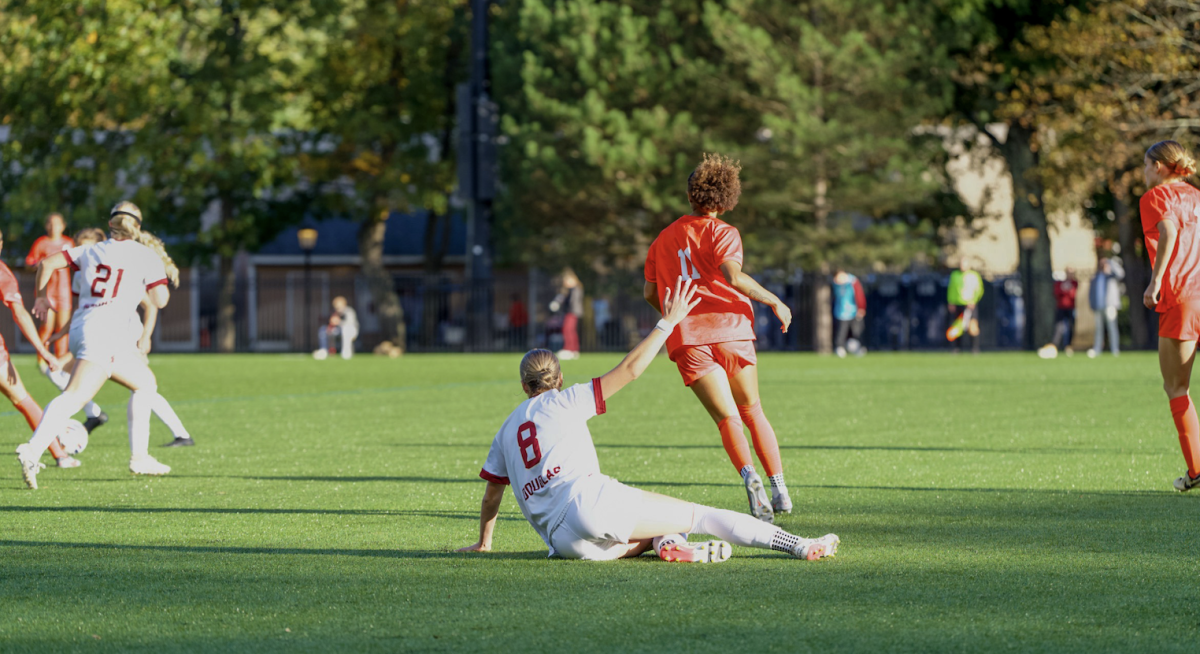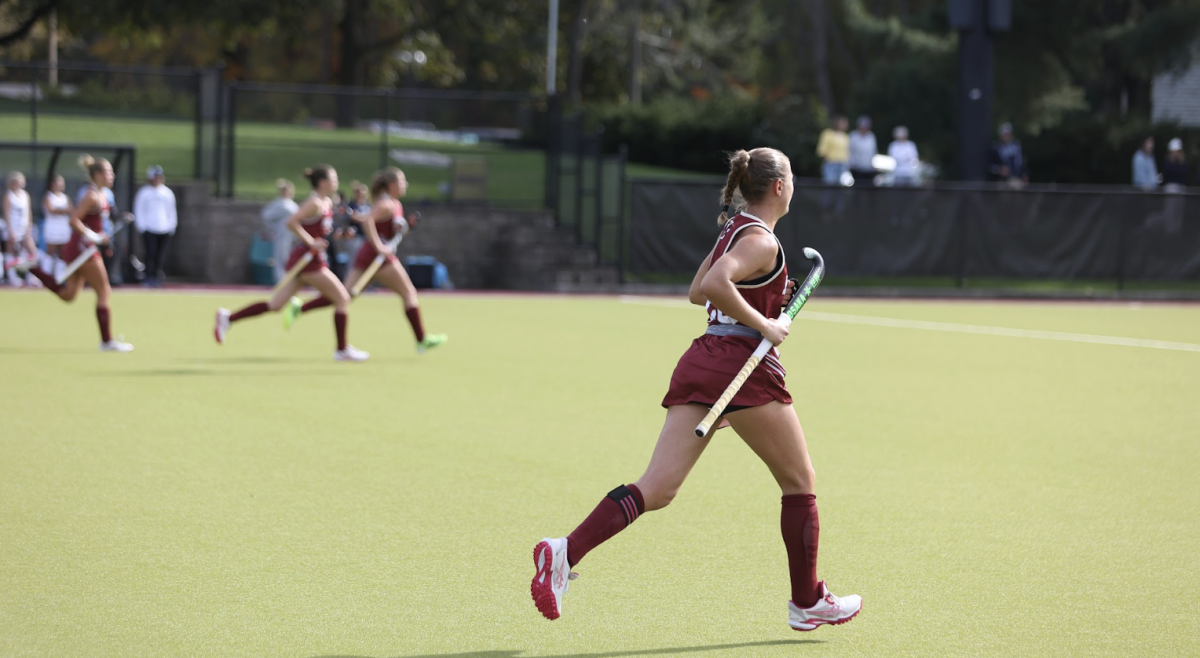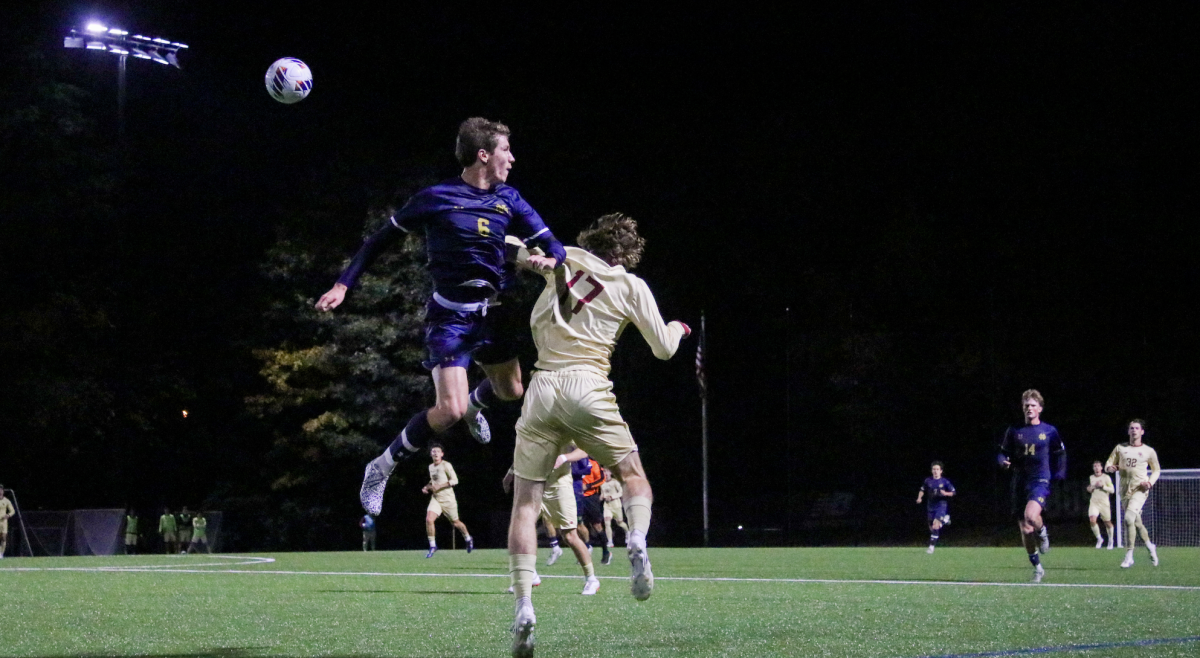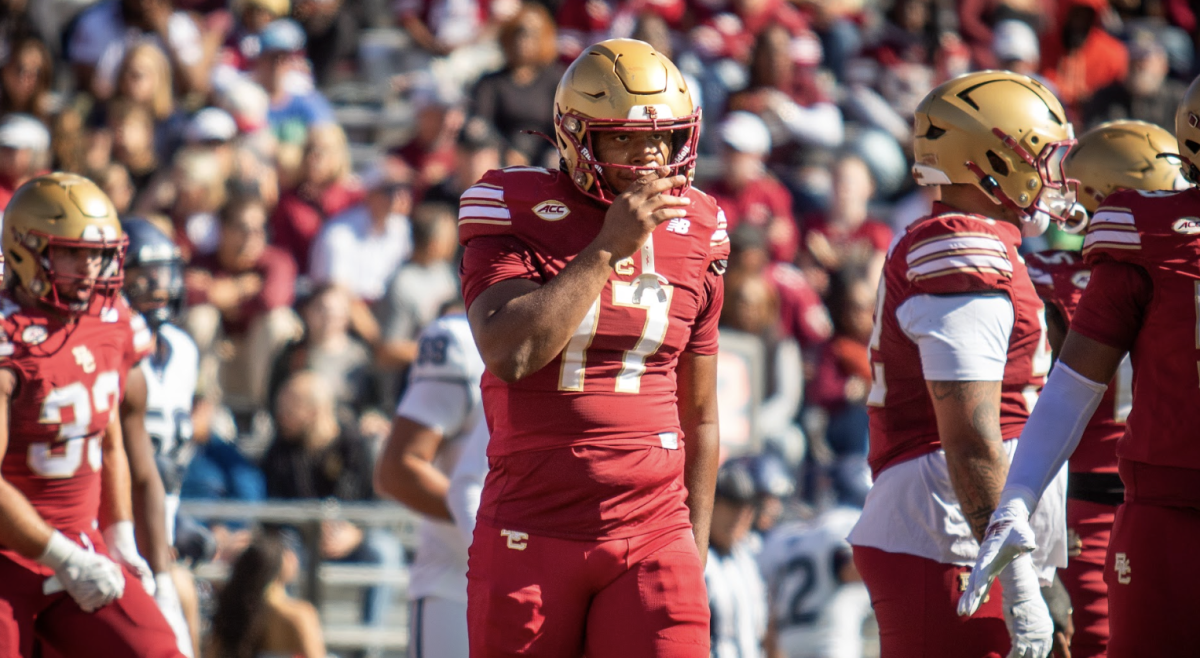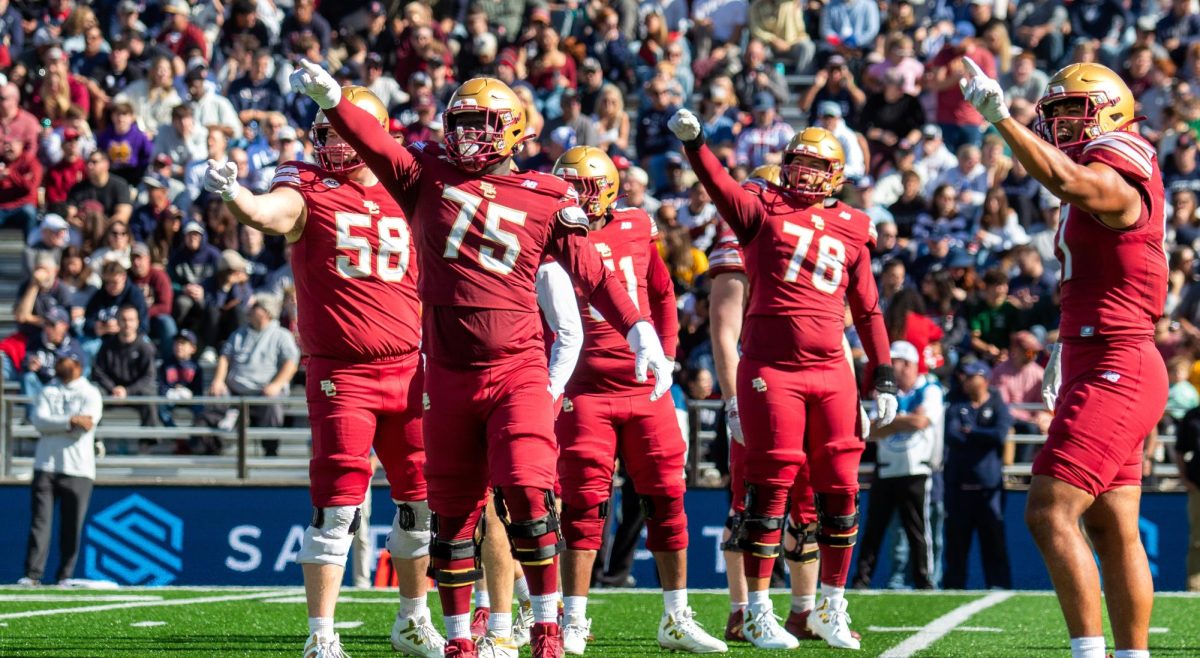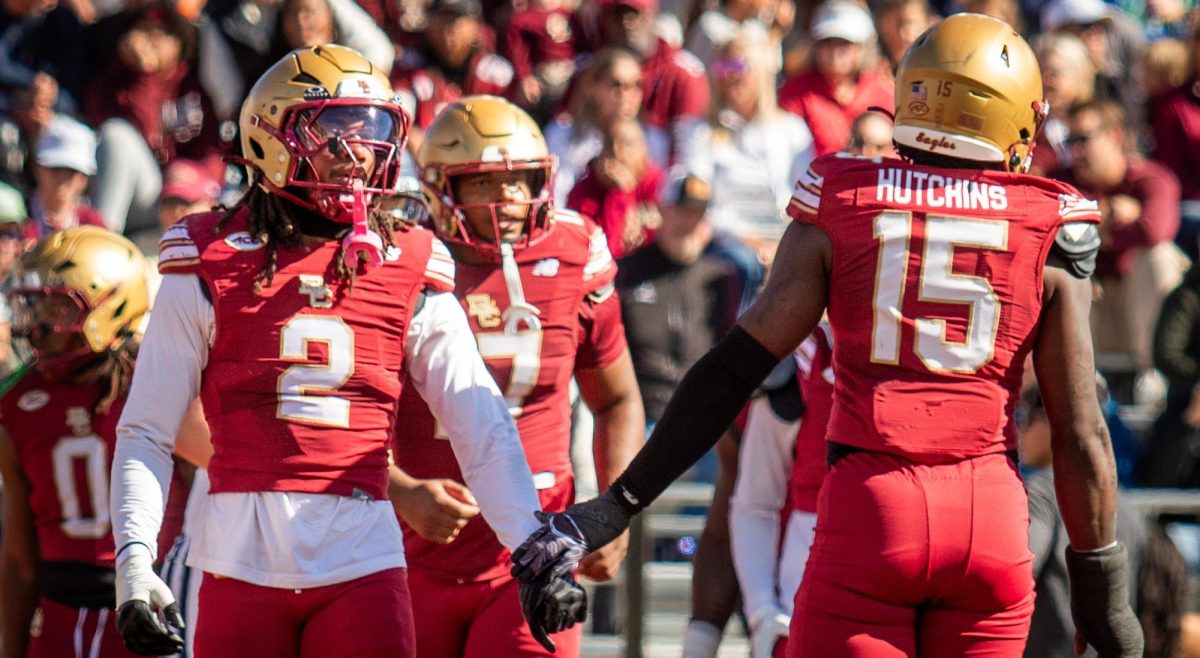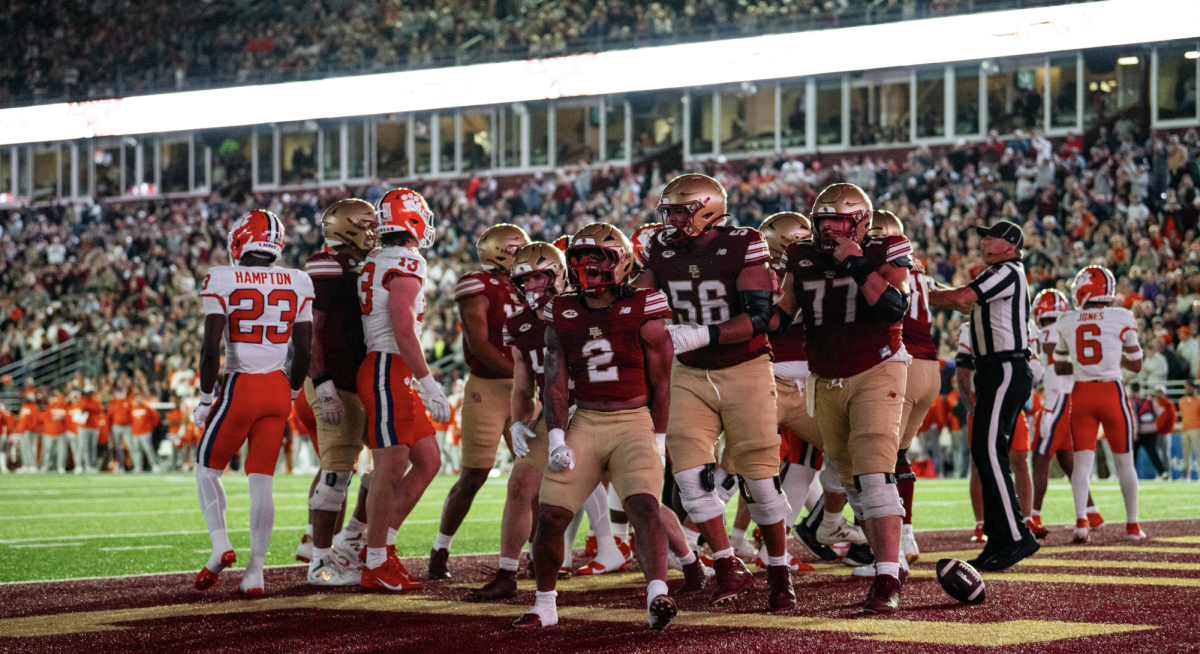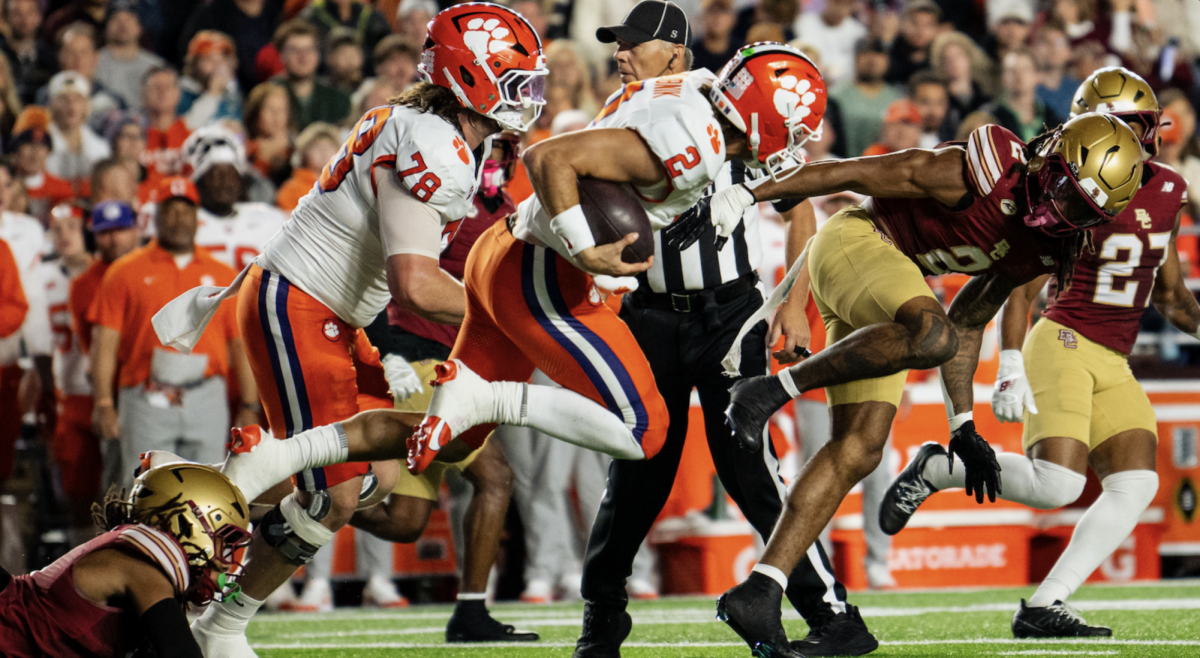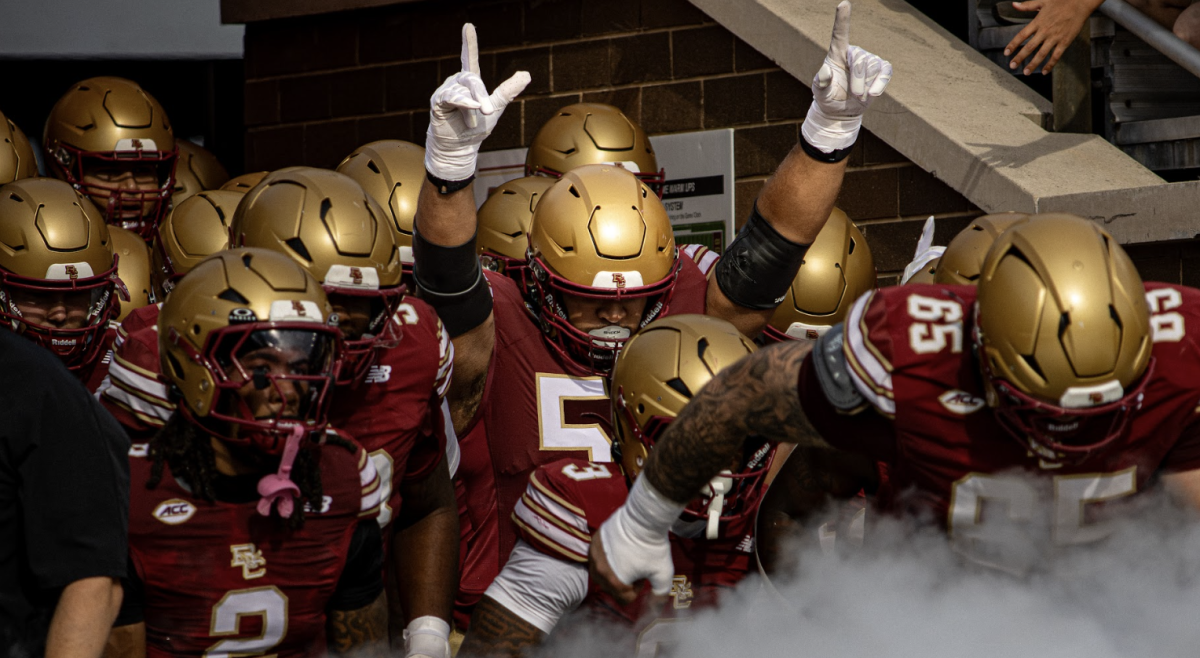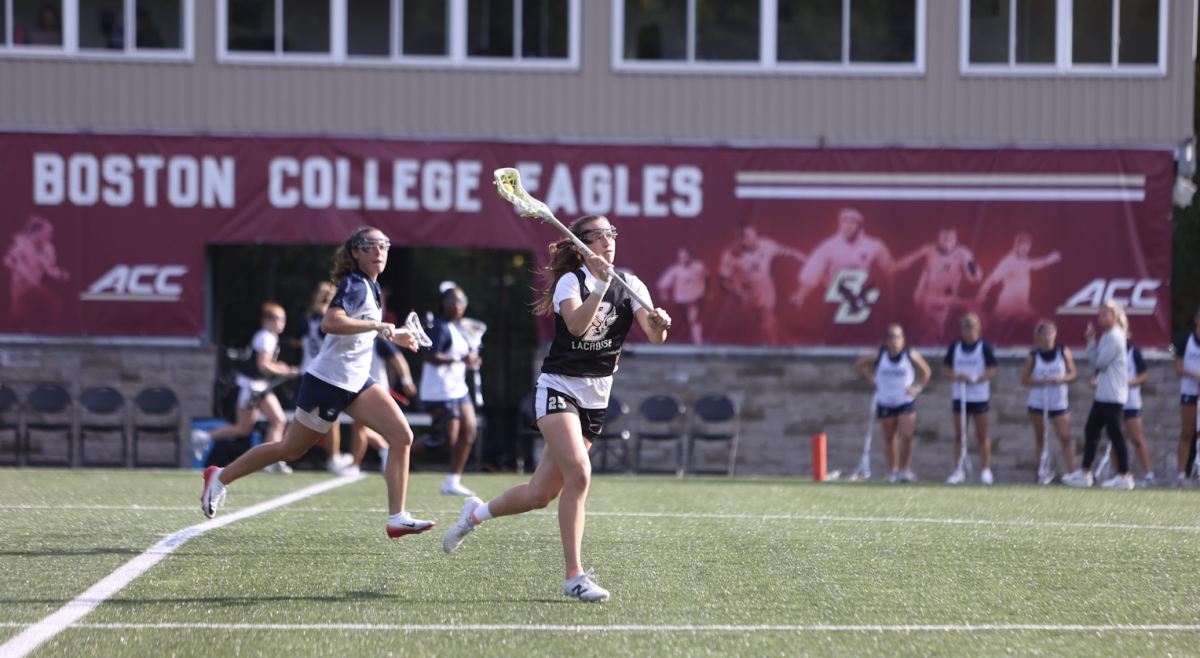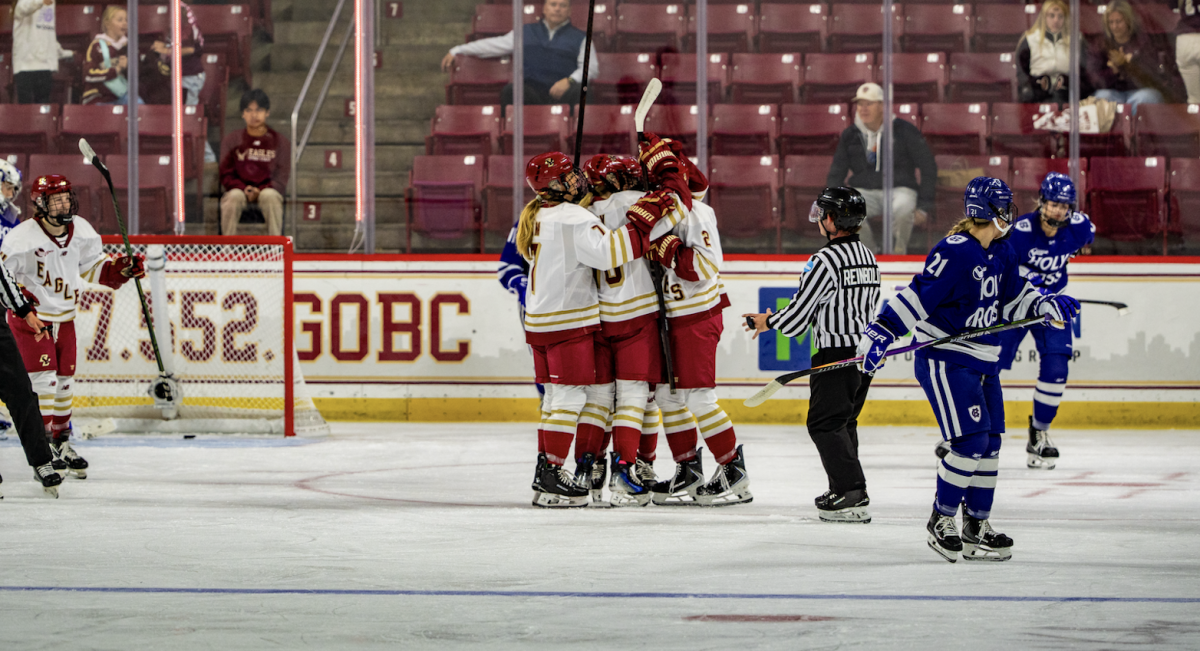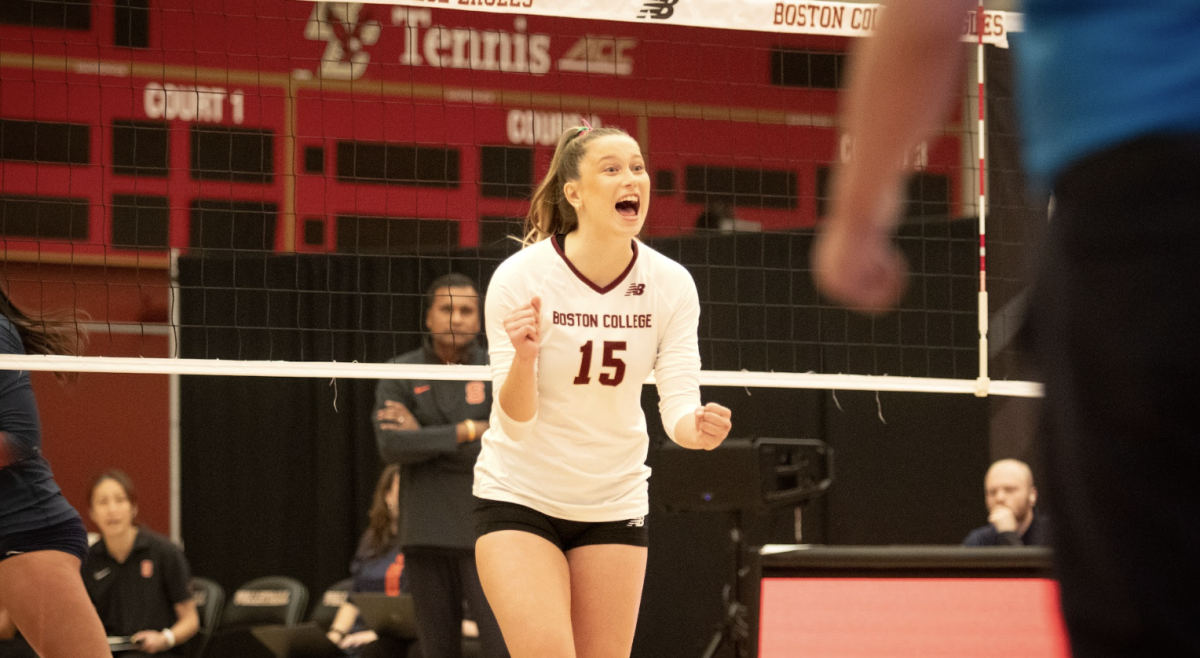Boston College football took a trip out to “The Farm” on Saturday night, ultimately falling 30–20 to Stanford to kick off ACC play.
BC’s offense hit its stride in the second quarter. But plagued by turnovers and missed opportunities, the Eagles failed to keep up with the Cardinal in the second half.
Here are some takeaways from the loss:
Costly Turnovers
The Eagles had taken good care of the ball coming into the matchup, turning it over just once across their first two games.
In Saturday’s conference contest, though, the Eagles turned the ball over three times, resulting in 21 points off turnovers for the Cardinal. In fact, Stanford was unable to generate touchdowns without a BC turnover preceding the scoring drive.
The Eagles’ first turnover came in the second quarter after a wayward snap was recovered by the Cardinal. The giveaway came at an inopportune time, as the Eagles were putting together a drive deep into enemy territory.
Three plays later, the Cardinal scored thanks to a 69-yard touchdown pass from Oregon State transfer Ben Gulbranson to tight end Sam Roush. The sequence completely shifted momentum. The Eagles’ chance to go up 24–6 turned into the Cardinal cutting into BC’s lead.
BC’s next turnover came two offensive plays later, as Eagles quarterback Dylan Lonergan threw a short pass intended for Jeremiah Franklin. Cardinal senior Collin Wright came swooping in at the last minute to pick off the throw and run it 19 yards to the end zone.
In just a couple of plays, the Eagles’ double-digit lead had turned into a three-point hole.
The Eagles’ third and final turnover came in the third quarter. Following two straight punts to open up the second half, the Eagles were gathering some momentum on their third drive. After they worked their way down the field effectively, the Eagles found themselves on the one with 4th-and-goal.
Sophomore running back Turbo Richard took the handoff but was stopped short. The ball was knocked loose and flew straight up in the air, allowing Stanford to recover it in the end zone. Not only did BC fail to convert, but the play also allowed Stanford to start its drive from its own 20-yard line instead of the deep shadow of its own end zone.
For Stanford, sophomore running back Micah Ford was everything. Just two runs after Richard’s fumble, the Cardinal found the end zone again, taking a lead that it never gave back. Ford finished with 157 yards, and that late touchdown proved to be too much in the end.
Air-Traffic Control
Although the Eagles struggled in many different facets of Saturday’s game, a bright spot was the reliable hands of their pass catchers.
Sophomore Reed Harris had an incredible game, hauling in seven catches for 141 yards—both of which are career highs. He made several leaping high-point grabs and big-time receptions when his number was called. Moving forward, it will be interesting to see if Harris gets a larger role in BC’s offense.
The Eagles also relied on Richard as a receiver a number of times. He caught five balls for 83 yards, including a 49-yard touchdown catch-and-run for the Eagles’ first touchdown of the night. Over the past couple of games, Richard has been used more in the passing game, giving an extra dimension to the Eagles’ offense.
Lonergan also found his top target, Lewis Bond, on multiple occasions. Bond had seven receptions for 47 yards—a slight dip in volume after two productive games to open up the season.
Despite a great passing game, the Eagles’ three costly turnovers and lack of a run game resulted in a tough ACC loss. BC’s bye week is crucial as it gears up for the remainder of conference play.


